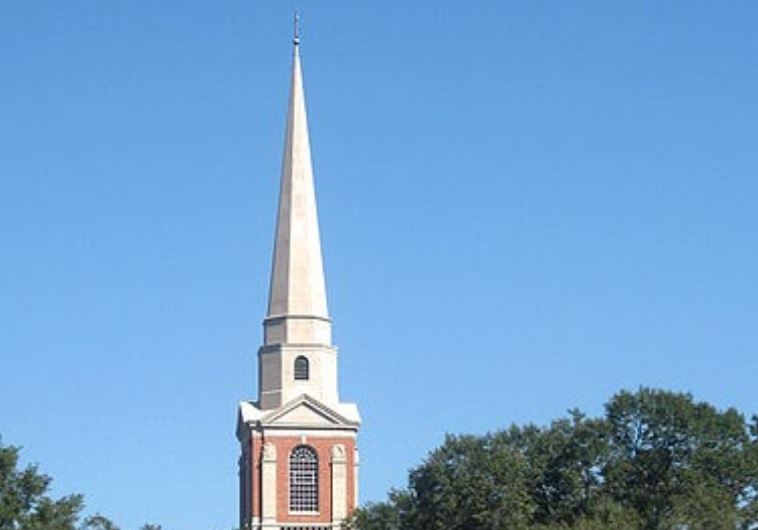Building new lives: Syrian refugees find support, friendship from churches
The civil war in Syria sparked a global refugee crisis, with more than 5 million refugees displaced from Syria alone since fighting began in 2011.
 First Presbyterian Church of Houston (photo credit: Wikimedia Commons)ByLIBBY SOLOMON / CATONSVILLE TIMESUpdated:
First Presbyterian Church of Houston (photo credit: Wikimedia Commons)ByLIBBY SOLOMON / CATONSVILLE TIMESUpdated: